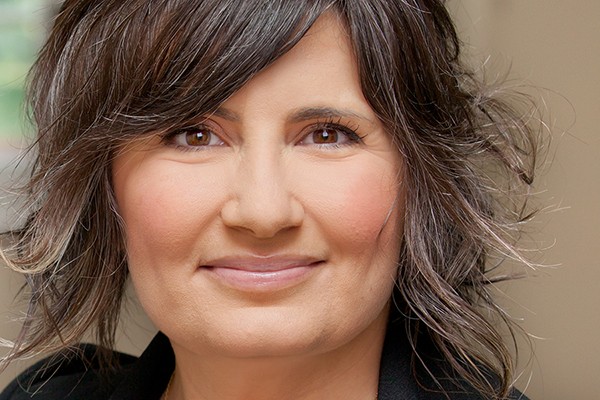 Nikki Gershbain, national director of Pro Bono Students Canada, will partner with UWindsor professor Julie Macfarlane under a Community Leadership in Justice Fellowship awarded by the Law Foundation of Ontario.
Nikki Gershbain, national director of Pro Bono Students Canada, will partner with UWindsor professor Julie Macfarlane under a Community Leadership in Justice Fellowship awarded by the Law Foundation of Ontario.
The national director of Pro Bono Students Canada will come to Windsor Law to research and develop teaching tools for a new model of legal service delivery called “legal coaching.”
Nikki Gershbain will partner with professor Julie Macfarlane under a Community Leadership in Justice Fellowship awarded by the Law Foundation of Ontario. The fellowship gives senior‐level employees in nonprofit organizations the opportunity to spend all or part of an academic year at an Ontario law school, strengthening the bond between academia and the community.
Gershbain has extensive experience developing and overseeing programs that use law students to provide legal services without charge to people in need. During her time in Windsor, she will work with legal institutions to refine and promote the coaching model as part of the profession’s response to the increase in self‐represented litigants, which could have far‐reaching consequences for how a new generation of lawyers interact with clients and approach the practice of law.
Dr. Macfarlane is director of the National Self‐Represented Litigants Project, which emerged out of her ground‐breaking research to document the experiences of self‐represented litigants in Canada.
Gershbain’s is one of three fellowships awarded for the 2016‐2017 academic term.
Sarah Pole, executive director of Law in Action Within Schools, will be hosted by the Masters of Teaching program at the Ontario Institute for Studies in Education to research and build connections among the education, legal, and urban planning sectors. Brenda Young, community justice director for the Chippewas of the Thames First Nation, will focus on the connection between international and domestic legal frameworks on the right to economic justice for Indigenous peoples at the Western University Faculty of Law.
Paul Schabas, chair of the Law Foundation of Ontario’s board, says it was impressed by these new fellows.
“Each of them has a proven capacity to serve clients and build programs in the nonprofit sector,” he says. “They have laid out clear plans to improve our understanding of critical access to justice issues. We’re excited to see what they achieve in their fellowships and how they’ll take what they learn back to the front line.”
